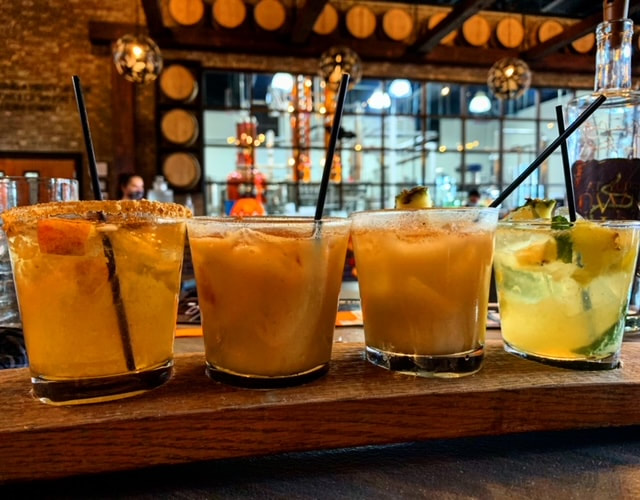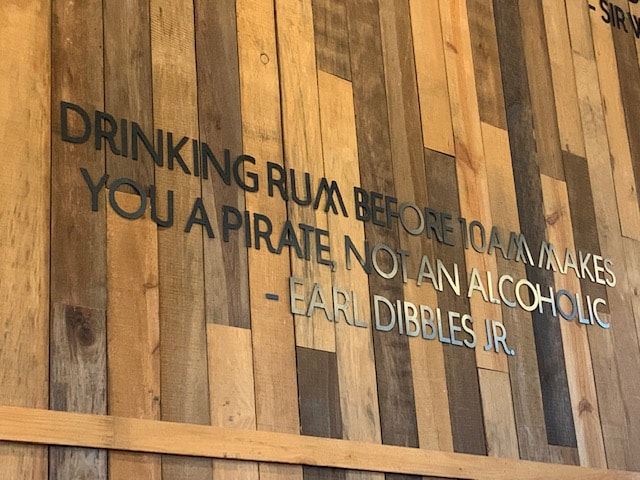|
DISCLAIMER: This post does not constitute legal advice. It merely sums up changes in the alcohol beverage laws to assist businesses in planning for the changes. If you have questions, then please speak to your legal professional. INTRODUCTIONSo, do you remember reading this past spring about the Gallo Winery pushing for law changes to come to South Carolina? Well, that happened. But, there was also another part of that bill that was tucked away. It’s called the South Carolina Micro-distillery Parity Act. Based on the title, you can imagine what the point of the legislation was. Since 2013 and 2014 with the passage of the Pint Law and Stone Law, distilleries have watched breweries become an economic juggernaut as well as being the places to go - sometimes at their expense. They’ve also seen very slow changes to the evolution of their own laws. But, the Parity Act sought to change all of that. SO, WHAT DOES IT DO?In a way, it’s like the Stone Law for South Carolina distillers. And like the Stone Law did, it really creates two kinds of distilleries. Effectively, it comes down to starting a DHEC kitchen space and serving food. If you are able to offer that, then you are eligible to get a beer/wine license from SCDOR, as well as another liquor permit so you can serve other spirits. Which are the same permits that breweries are able to get in addition to their brewery permit. Interesting side note: wineries are now the only producers in South Carolina who aren’t able to sell anything other than their products. Here’s what each type of distillery can now do: DISTILLERIES WHO SERVE FOOD AND OPT FOR ADDITIONAL PERMITS
DISTILLERIES WHO DON’T SERVE FOOD
Catch all that? So, distilleries who add a food component get the benefit of adding licenses which allow them to expand hours and offerings. But, they still will follow liquor state to-go rules on Sundays.
There are quite a few odds and ends in the bill, but basically, it’s a huge win for distillers. And as we always say to our brewers who take advantage of the Stone Law, its free money if you do it. Having greater flexibility in operating your business and in what you can offer to your consumers is always a win. You can read the new law here. Feel free to reach out if you have questions.
1 Comment
|
AuthorBrook Bristow is a South Carolina-based lawyer at Bristow Beverage Law, who primarily counsels companies in the alcohol industry on business and employment laws, as well as on compliance, licensing, & intellectual property. You may reach him directly at: [email protected] Archives
April 2024
Categories |



 RSS Feed
RSS Feed